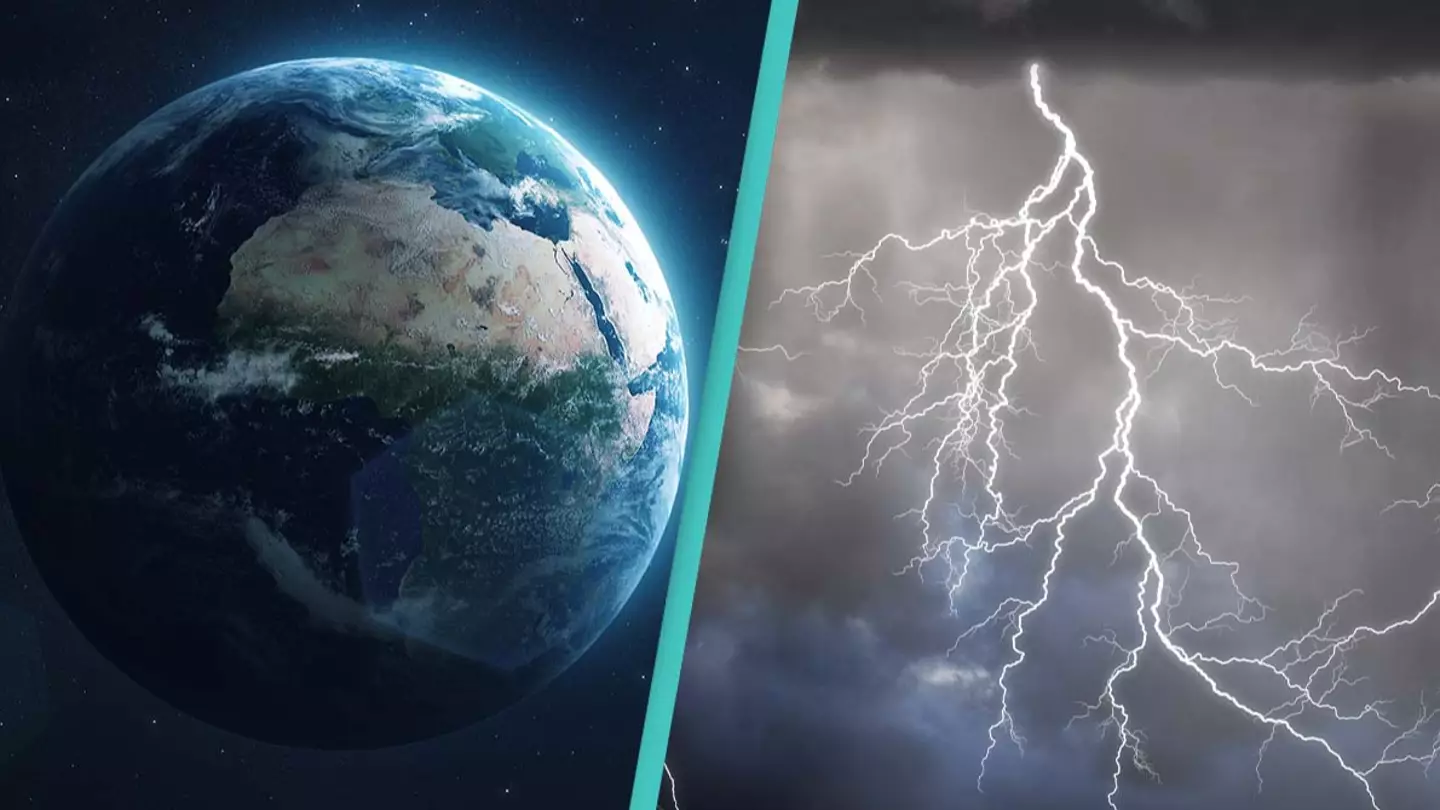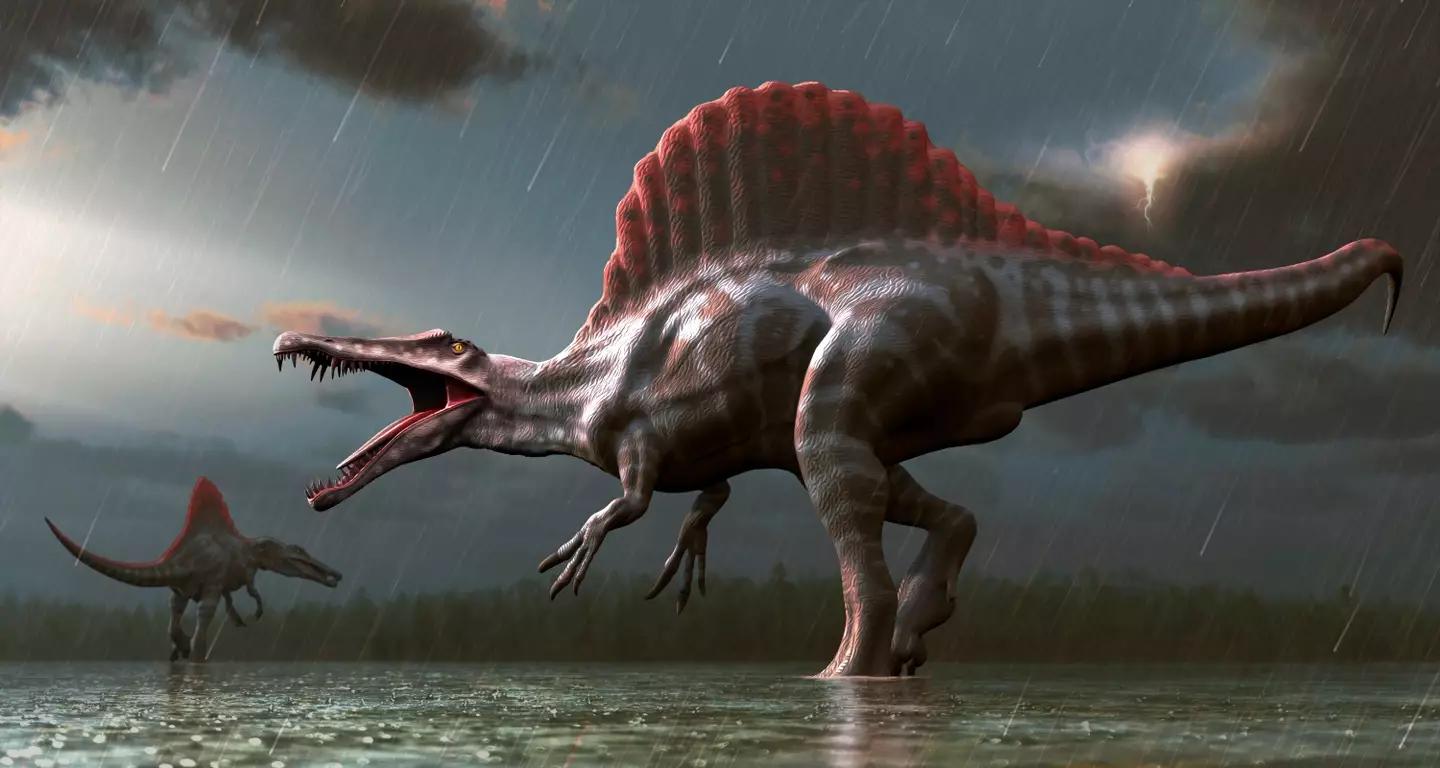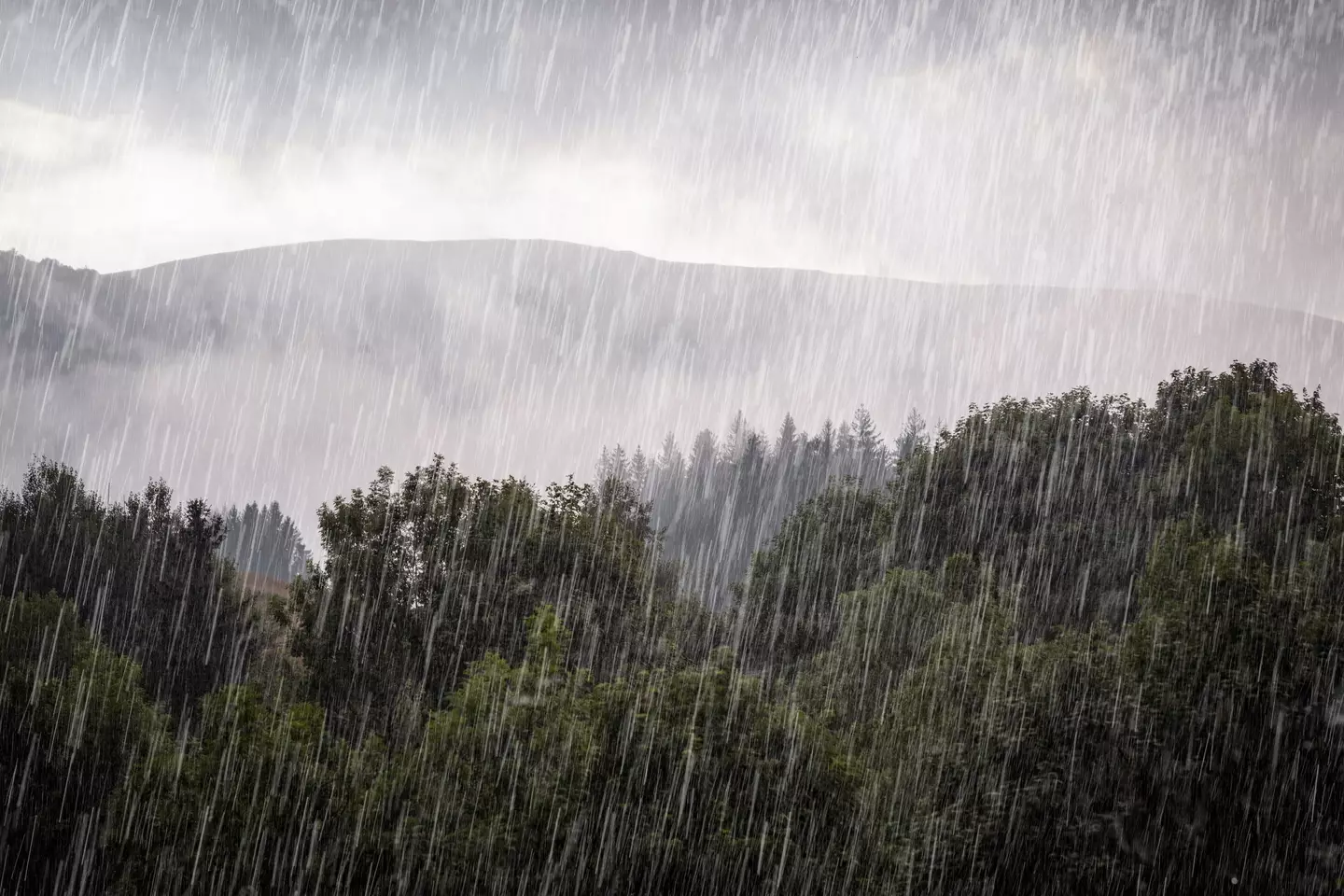
Geologists have managed to work out a lot about this blue rock that we live on and have pinpointed a time where continuous rain for millions of years helped sprout life all over the globe.
If you think back to the time of Pangea, (200-300 million years ago) the super continent made up of all the world’s land mass, the planet was an understandably different place.
So different in fact, scientists believe there was a time period where it rained for one million to two million years.
In the 1970s and 80s, geologists discovered unusual layers deposited in some of the ancient rocks that dated some 232-4 million years back.
Advert
One group of researchers, operating in the eastern Alps, investigated a layer of layer of siliclastic sedimentation deposited in carbonate, while a team in the UK examined a layer of gray rock found inside the the famous red stone found in the area.

These two findings, as well as others across the world, pointed to a similar conclusion - at one point, the Earth had quite a long dry spell and then it began to rain.
Geologists were able to conclude that at the beginning of the age of the dinosaurs there was an unusually wet period.
This period has come to be known as the Carnian pluvial event - or Carnian pluvial episode - and called for a greater understanding of why it started to rain for so long.
The reason is believed to be due to a huge rise in humidity, which may have occurred due to a massive volcanic eruption of the Wrangellia Large Igneous Province.
This would have resulted in a spike in global warming, subsequently heating the oceans and causing more moisture to be in the air.

One study, published in the Journal of the Geological Society, indicated that this wet period was brilliant for the dinosaurs that didn’t go extinct.
It allowed them to diversify after a chaotic period that saw constant volcanic eruptions.
The researchers wrote: “In the wake of wide extinctions of plants and key herbivores on land, the dinosaurs were seemingly the main beneficiaries in the time of recovery, expanding rapidly in diversity, ecological impact (relative abundance) and regional distribution, from South America initially, to all continents.
"It may have been one of the most important [rapid events] in the history of life in terms of its role in allowing not only the ‘age of dinosaurs’, but also the origins of most key clades that form the modern fauna of terrestrial tetrapods, namely the lissamphibians, turtles, crocodiles, lizards and mammals."
Topics: Science, World News